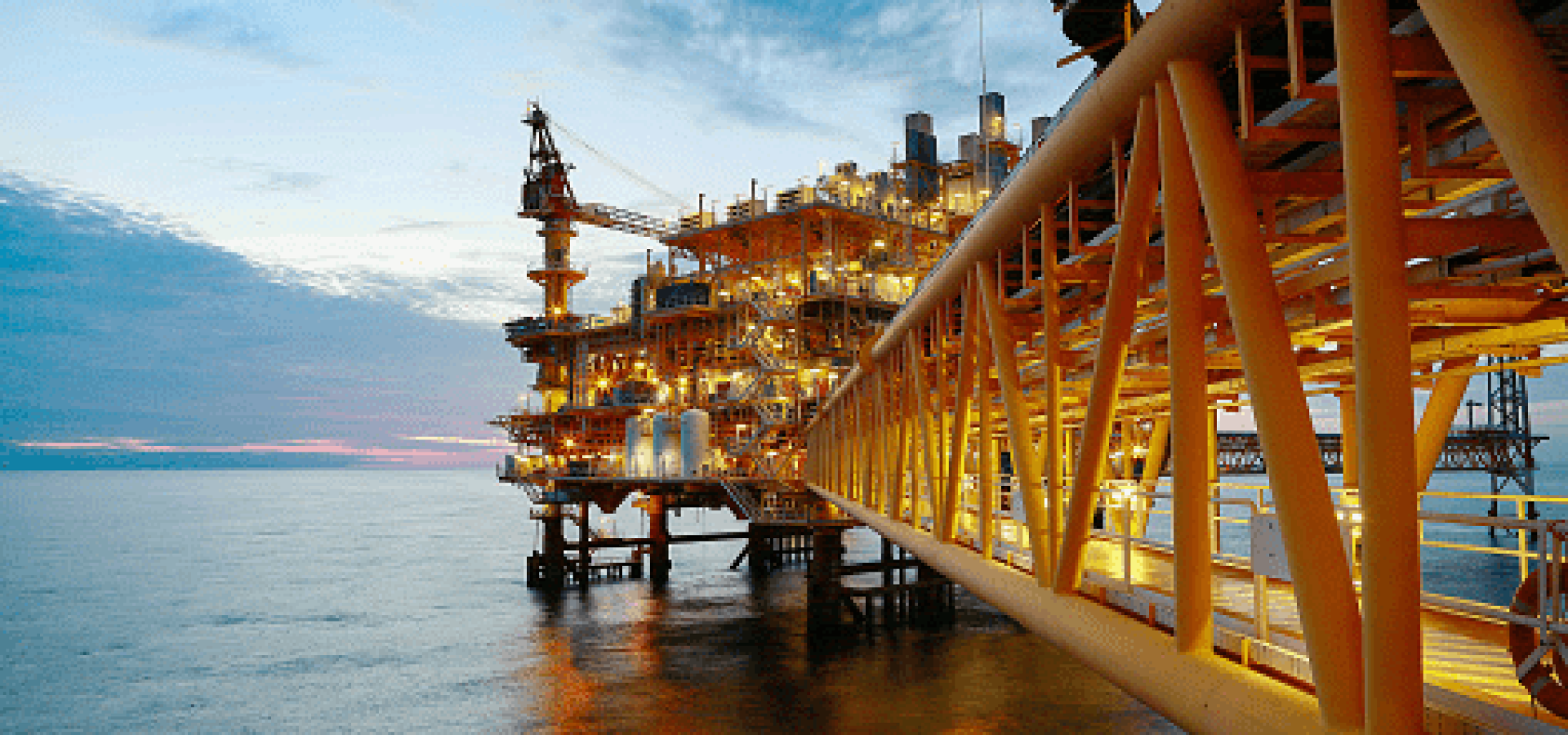On Tuesday, crude oil prices remained stable as expectations of a rise in U.S. oil inventories and worries about a global economic slowdown were countered by expectations of a rebound in fuel demand from top importer China.
Brent crude had risen 7 cents, or 0.1%, to $88.26 per barrel. WTI crude oil for the United States increased by 14 cents, or 0.2%, to $81.76.
Some energy traders are still doubtful about how quickly China’s crude demand will recover this quarter because they believe that the (United States) economy is still at risk of recession.
As the corporate earnings season picks up steam and provides information on the state of economies worldwide, traders are keeping a close eye on additional business data this week.
Crude oil prices have risen at the beginning of the year on physical markets due to increased purchases from China following the relaxation of pandemic controls and trader concerns that sanctions against Russia could restrict supply. Meanwhile, as traders continued to assess the risks of a U.S. recession and the direction of Federal Reserve policy, the dollar remained close to a nine-month low against the euro. It gave back recent gains against the yen.
For buyers using other currencies, a weaker dollar lowers the price of commodities like oil denominated in dollars.
Since concerns about a global business cycle downturn have diminished, investors are reinvesting in oil futures and options at the fastest rate in more than two years.

Italy Can Boost African Gas Imports
Suppose Italy invests in its infrastructure over the next few years. In that case, it can significantly increase its gas imports from Africa and divert some of the supply to northern Europe, according to Claudio Descalzi, CEO of energy company Eni.
Descalzi said that Rome already had several connections with Africa, including the TransMed pipeline that connects Algeria to Sicily, while speaking from Algiers, where he was traveling with Italian Prime Minister Giorgia Meloni.
Italy used about 75 bcm of gas in 2021, 38% of which came from Russia. By the end of 2024, it intends to replace Russian gas completely.
On Monday, Eni and Algeria’s Sonatrach signed two agreements to cut carbon emissions and research team projects to increase the capacity of the north African nation’s energy exports.









COMMENTS